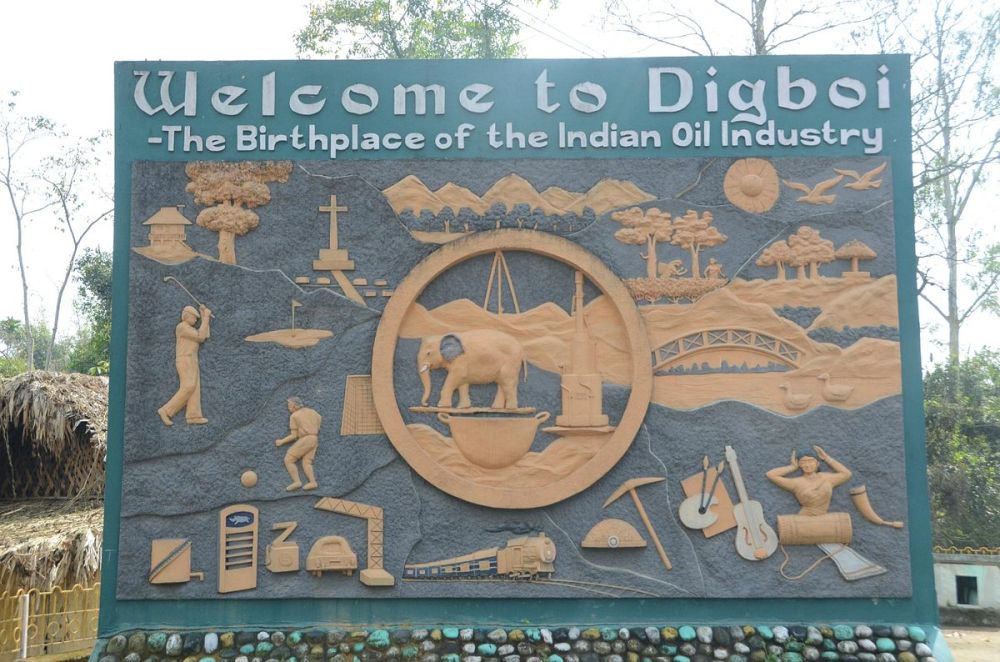

The quaint town of Digboi in the Tinsukia district of Assam is nestled amidst the verdant hills and rich biodiversity of northeastern India. Renowned as the birthplace of the oil industry in Asia, Digboi has a history that intertwines with the global narrative of industrial advancement.
However, it was the discovery of oil at the close of the 19th century that truly put Digboi on the map. The legend goes that the British discovered oil when they noticed elephants emerging from the jungle with oil on their feet. The directive "Dig, boy, dig!"—allegedly given by the British to the men who observed this phenomenon—gave the town its distinctive name, although the accuracy of this tale remains a charming anecdote.
Oil drilling commenced in the late 1800s, with the first well dug in 1889. By 1901, Assam Oil Company set up the first oil refinery in Asia in Digboi, heralding an era of economic development for the region. This refinery is still operational to this day, making it one of the oldest refineries in the world.
The history of tourism in Digboi is largely linked to its status as an oil town. Initially, it attracted engineers, geologists, and industry experts from all over the world. However, over time, as the historical significance of the town grew, so did its appeal to various types of visitors.
With the establishment of the Digboi Oil Museum, tourists have been able to learn about the fascinating journey of oil in India, from drilling to refining. The museum, along with the century-old oil rigs dotting the landscape, beautifully preserved English-style bungalows, and the War Cemetery, where soldiers of World War II are interred, are poignant reminders of Digboi's rich heritage.
Beyond its history, Digboi is also celebrated for its proximity to natural reserves like the Dibru-Saikhowa National Park, known for its feral horses and biodiverse habitats, and the Dehing Patkai Wildlife Sanctuary, which showcases the unique flora and fauna of the rainforest—often referred to as the "Amazon of the East."
Tourists seeking a blend of nature and history often find Digboi a perfect destination. The surrounding tea gardens also offer a serene and refreshing sight, contributing to the town's allure.
In recent years, there has been a shift towards ecotourism and sustainable practices in the tourism sector of Digboi. The idea is to preserve the natural beauty and historical sites for future generations while encouraging environmentally conscious travel.
Homestays and community-run guest houses are growing in popularity, providing visitors with an authentic experience of Assam’s culture and hospitality while promoting local economy.
Digboi might not have the glitz and glamor of mainstream tourist destinations, but its understated charm lies in its unique blend of history, nature and culture. Tourism in Digboi remains a window to the past and an embrace of the serene northeastern lifestyle—an experience that continues to attract curious minds and nature lovers alike.